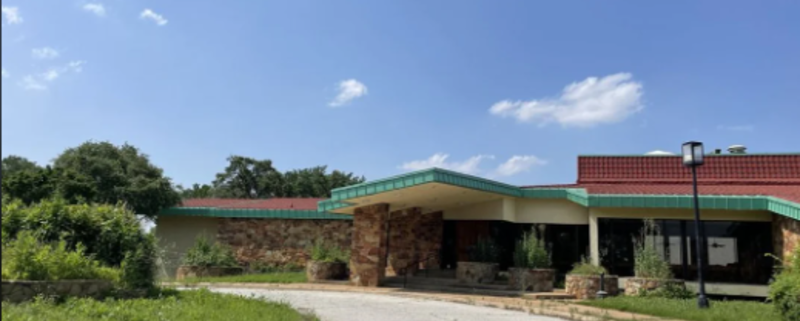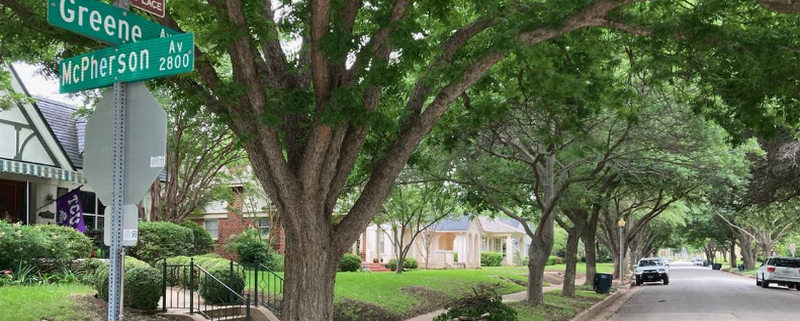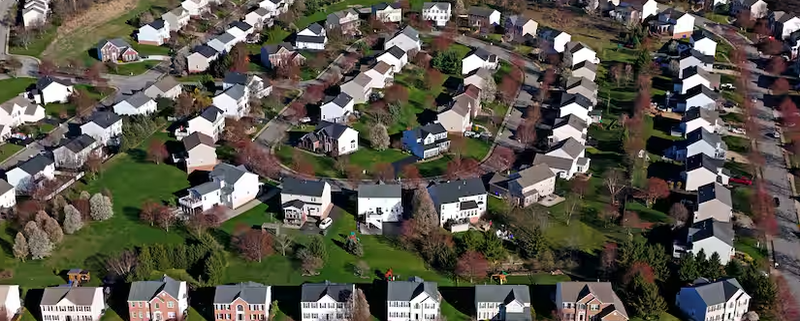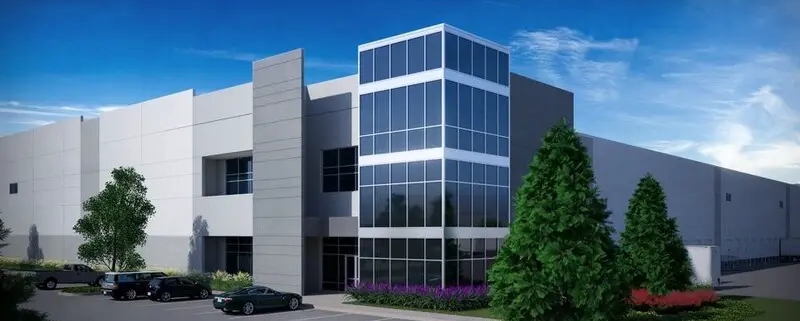DISCLAIMER: We are not financial advisors. The content on this website is for educational purposes only and merely cites our own personal opinions. In order to make the best financial decision that suits your own needs, you must conduct your own research and seek the advice of a licensed financial advisor if necessary. Know that all investments involve some form of risk and there is no guarantee that you will be successful in making, saving, or investing money; nor is there any guarantee that you won’t experience any loss when investing. Always remember to make smart decisions and do your own research!
Nestled in the heart of Texas, Fort Worth has undergone a remarkable transformation from its cowboy roots to a bustling cosmopolitan city. With a rich history, diverse culture, and thriving economy, Fort Worth offers a unique blend of Old West charm and modern sophistication. In this comprehensive guide, we’ll explore the evolution of Fort Worth’s real estate market, from its humble beginnings as a frontier outpost to its emergence as a vibrant urban center. We’ll delve into the factors driving the city’s growth, the current state of the real estate market, and what the future holds for Fort Worth’s property landscape.
A Brief History of Fort Worth
Fort Worth traces its origins back to the mid-19th century when it served as a military outpost on the frontier. Named after Major General William Jenkins Worth, the fort played a crucial role in protecting settlers and traders as they ventured westward. Over time, Fort Worth evolved into a thriving cattle town, earning its nickname “Cowtown” due to the bustling livestock trade that flourished in the area. The arrival of the railroad further fueled the city’s growth, transforming it into a major transportation hub and trade center.
The Modern Era: Fort Worth’s Renaissance
In recent decades, Fort Worth has experienced a renaissance, fueled by a diverse economy, strategic investments, and a commitment to urban revitalization. The city’s downtown area has undergone extensive redevelopment, with historic buildings being repurposed into trendy lofts, upscale restaurants, and vibrant entertainment venues. The Sundance Square district, in particular, has emerged as a focal point for dining, shopping, and cultural attractions, drawing residents and visitors alike to its bustling streets.
The Cultural Scene
Fort Worth’s cultural scene is another driving force behind its transformation into a cosmopolitan destination. The city is home to world-class museums, theaters, and art galleries, including the Kimbell Art Museum, the Modern Art Museum of Fort Worth, and the Bass Performance Hall. These cultural institutions not only enrich the lives of residents but also contribute to the city’s appeal as a cultural destination and tourist hotspot.
Economic Growth and Employment Opportunities
Fort Worth’s economy is robust and diverse, with key industries including aerospace and defense, healthcare, manufacturing, and logistics. The city is home to major corporations such as Lockheed Martin, American Airlines, and BNSF Railway, providing a stable employment base and driving demand for real estate. The presence of top-tier universities and research institutions further enhances Fort Worth’s appeal, attracting skilled professionals and fostering innovation and entrepreneurship.
The Real Estate Market
The Fort Worth real estate market has experienced steady growth in recent years, fueled by strong demand, favorable economic conditions, and a burgeoning population. The city offers a wide range of housing options to suit every lifestyle and budget, from historic homes in established neighborhoods to modern condominiums and luxury estates. As Fort Worth continues to attract new residents and businesses, property values have appreciated steadily, making real estate investment an attractive proposition for buyers and investors alike.
Future Outlook
Looking ahead, the future of Fort Worth’s real estate market appears bright. Continued population growth, economic expansion, and infrastructure development are expected to drive demand for housing and commercial properties. The city’s commitment to sustainable development and urban planning will ensure that Fort Worth remains an attractive and livable city for years to come. With its unique blend of Western heritage and cosmopolitan flair, Fort Worth is poised to continue its evolution as a dynamic and thriving metropolis.
In conclusion, Fort Worth’s real estate market reflects the city’s journey from cowboy to cosmopolitan. From its humble beginnings as a frontier outpost to its current status as a vibrant urban center, Fort Worth has undergone a remarkable transformation. With its diverse economy, rich cultural scene, and strong community spirit, Fort Worth offers residents and investors a unique opportunity to be part of its ongoing growth and success. As the city continues to evolve and prosper, the future looks bright for Fort Worth and its real estate market.














